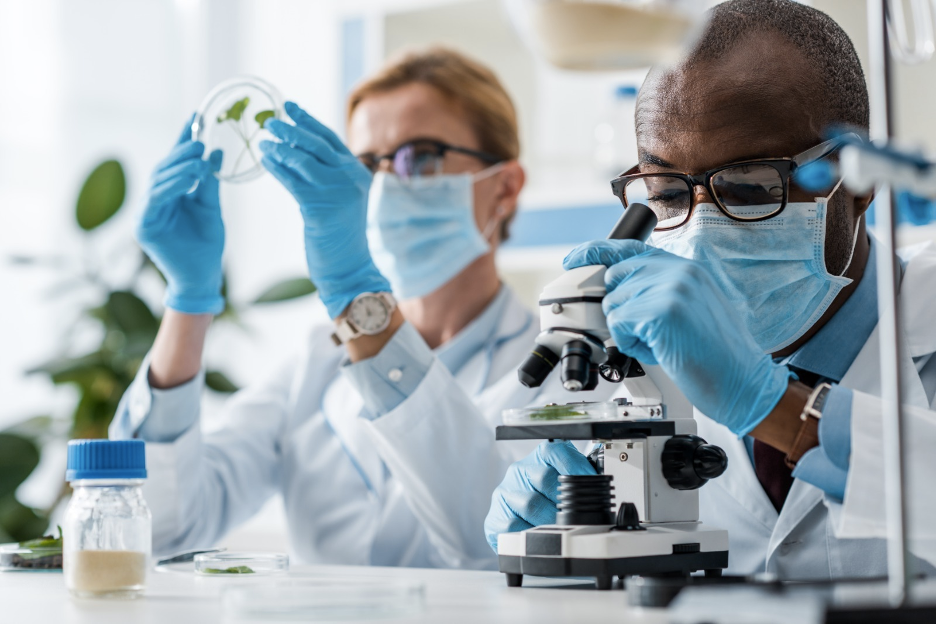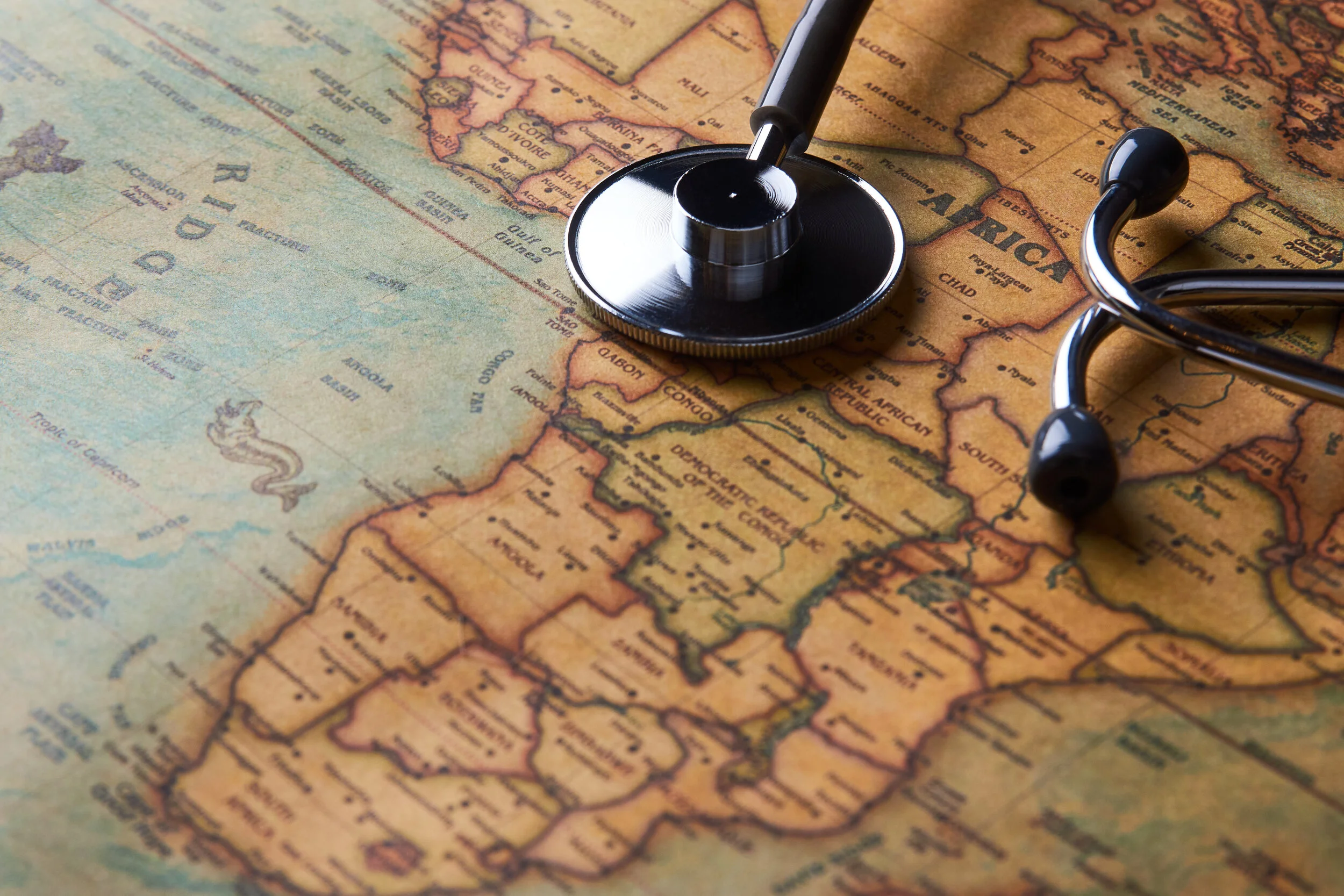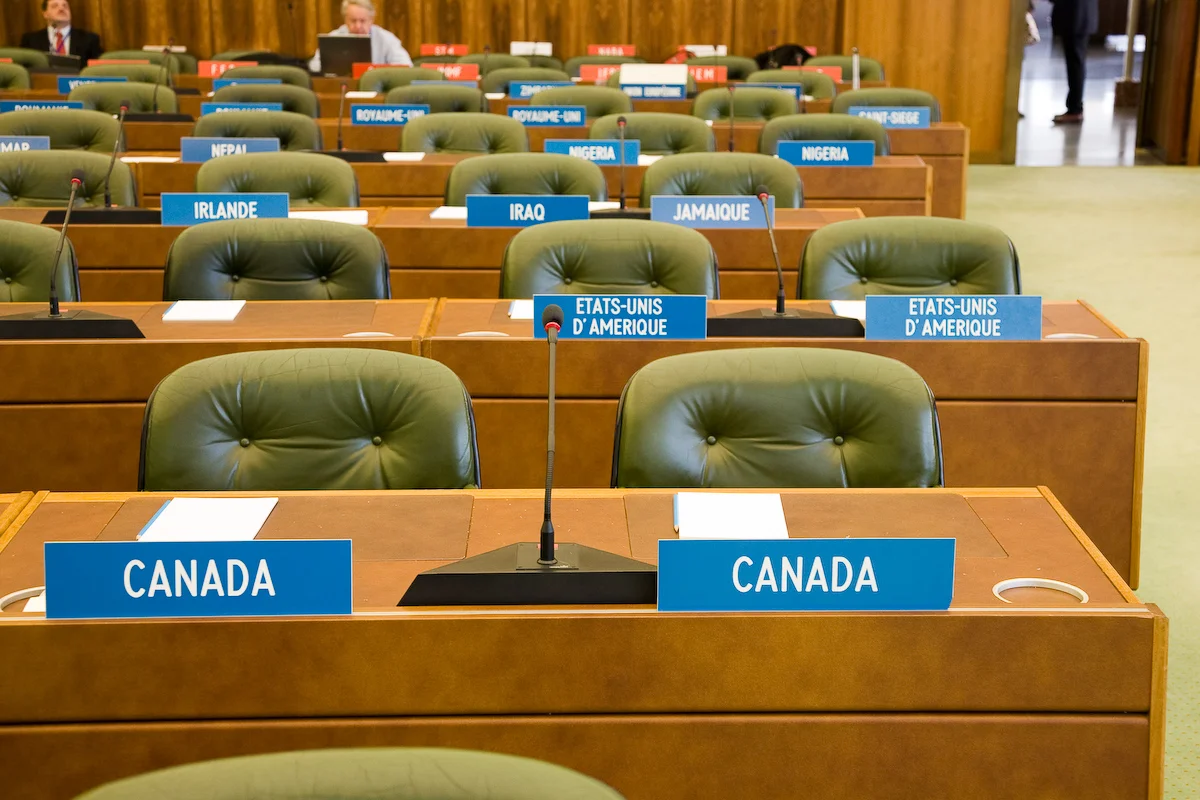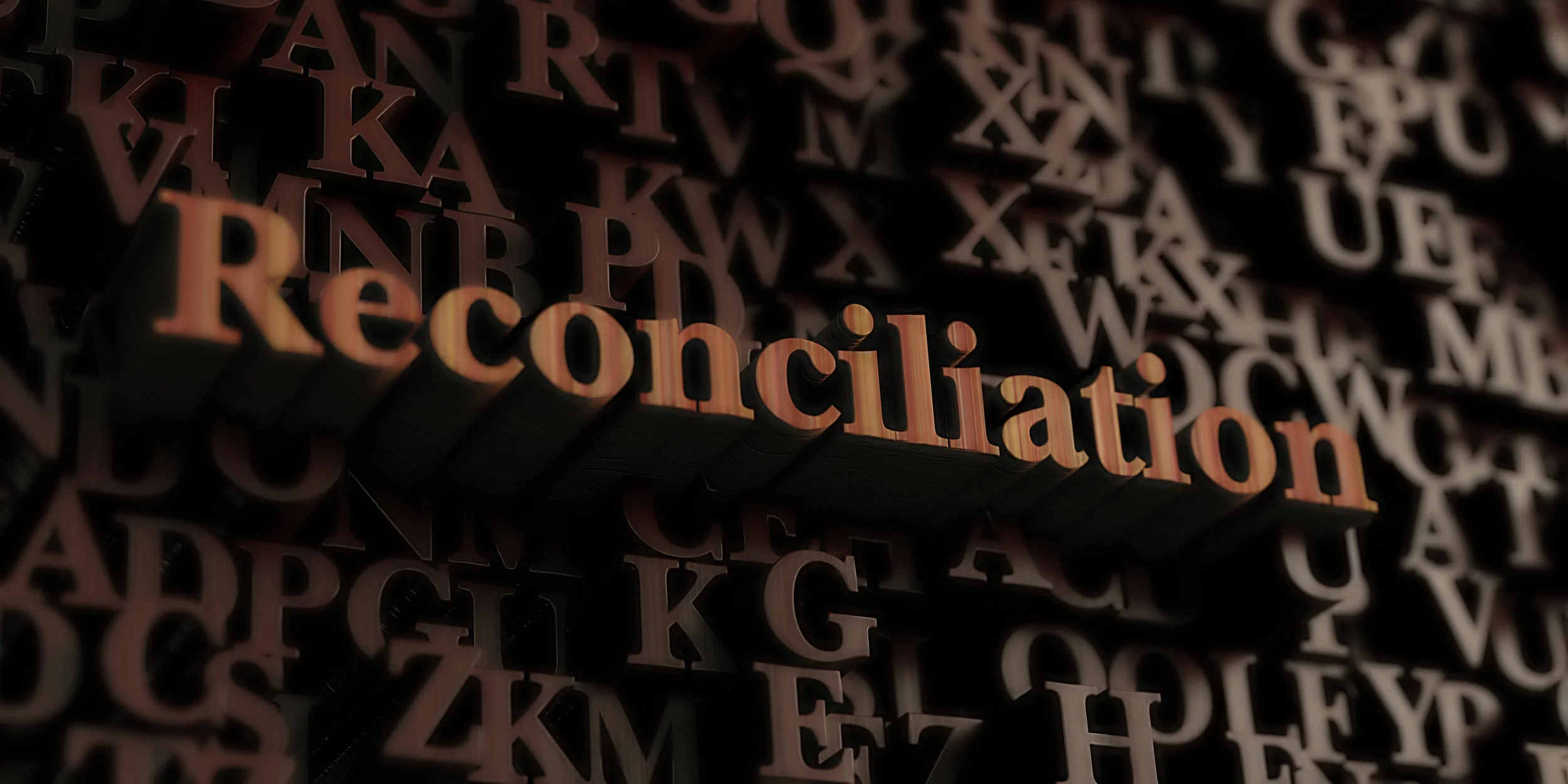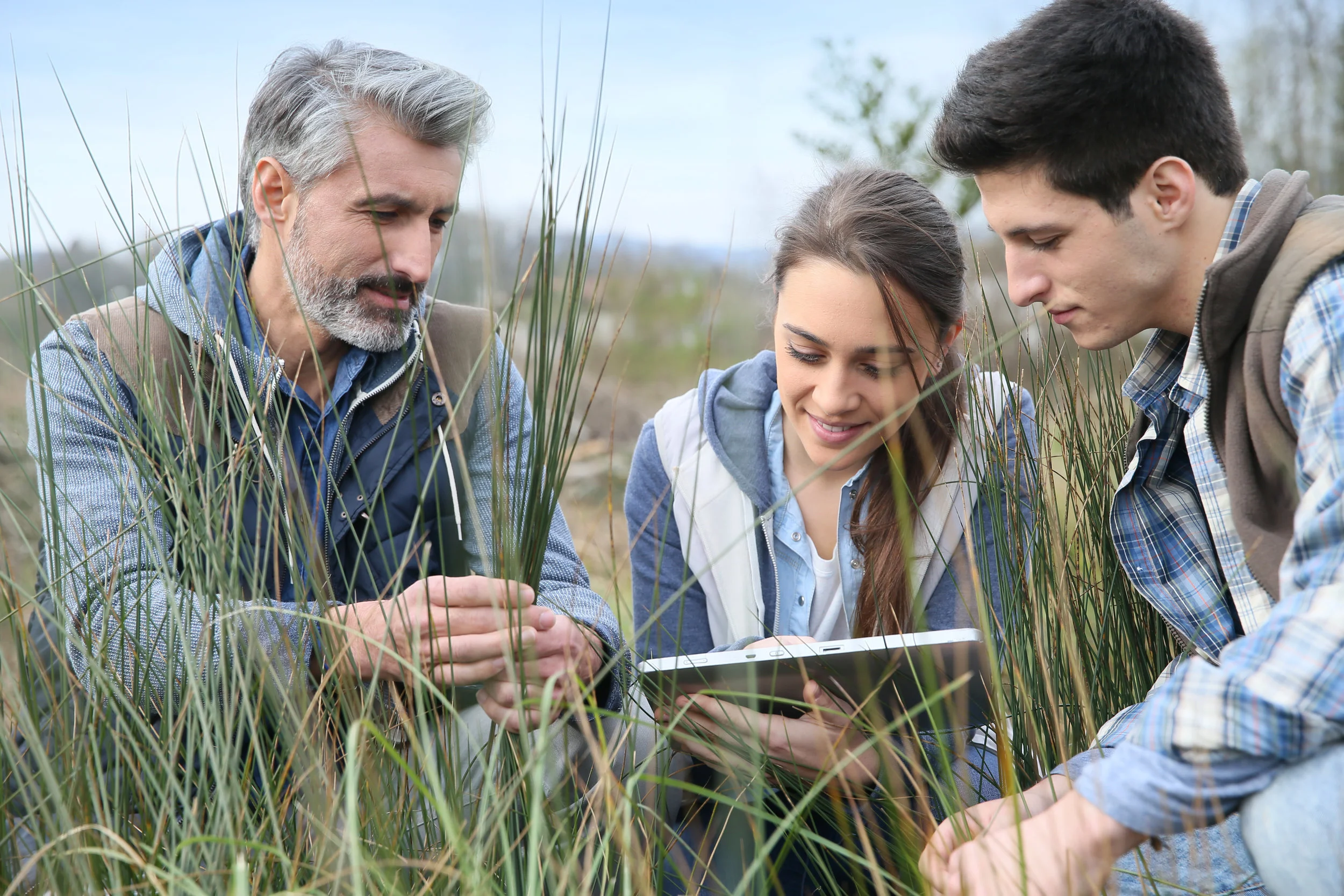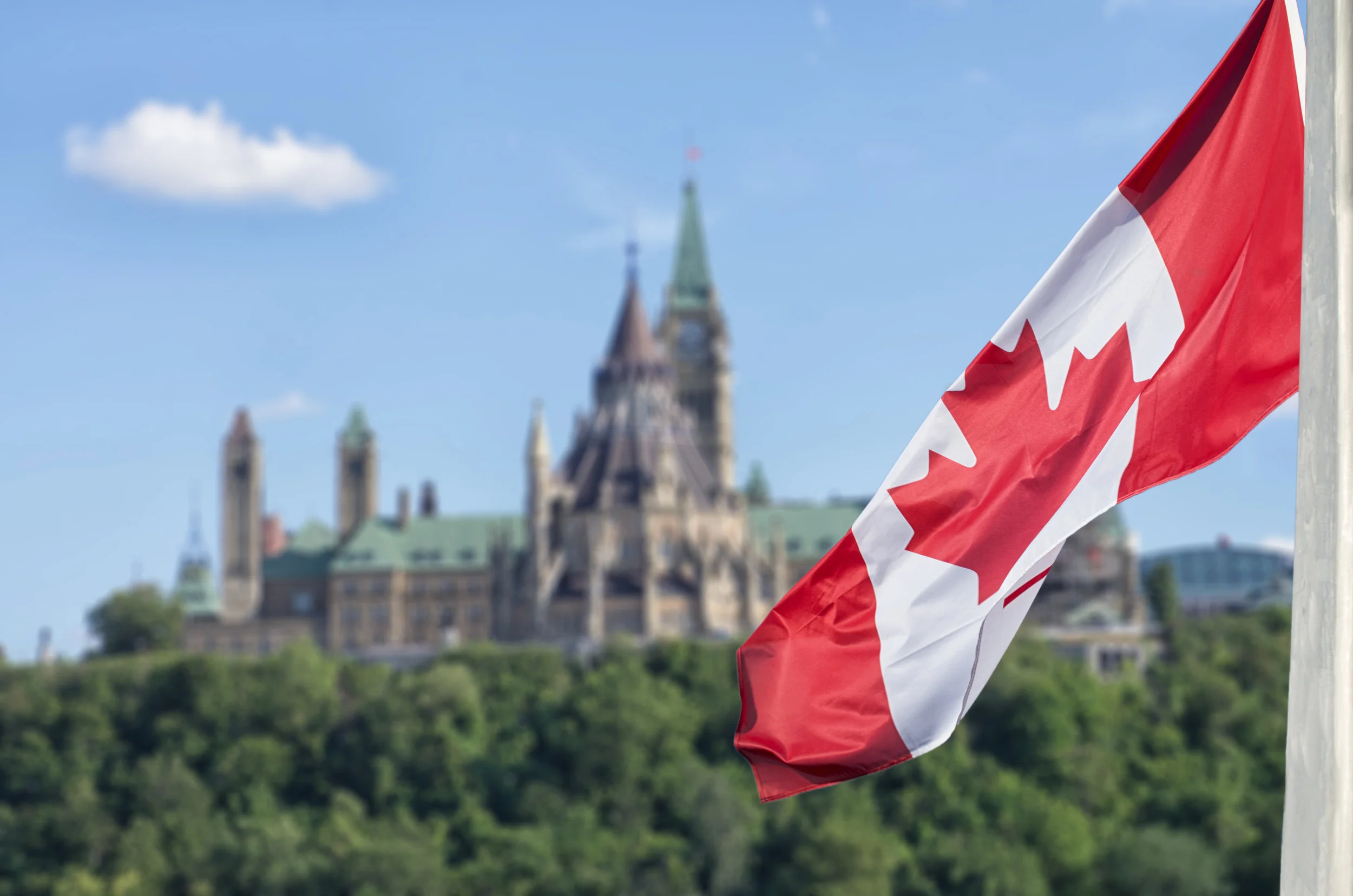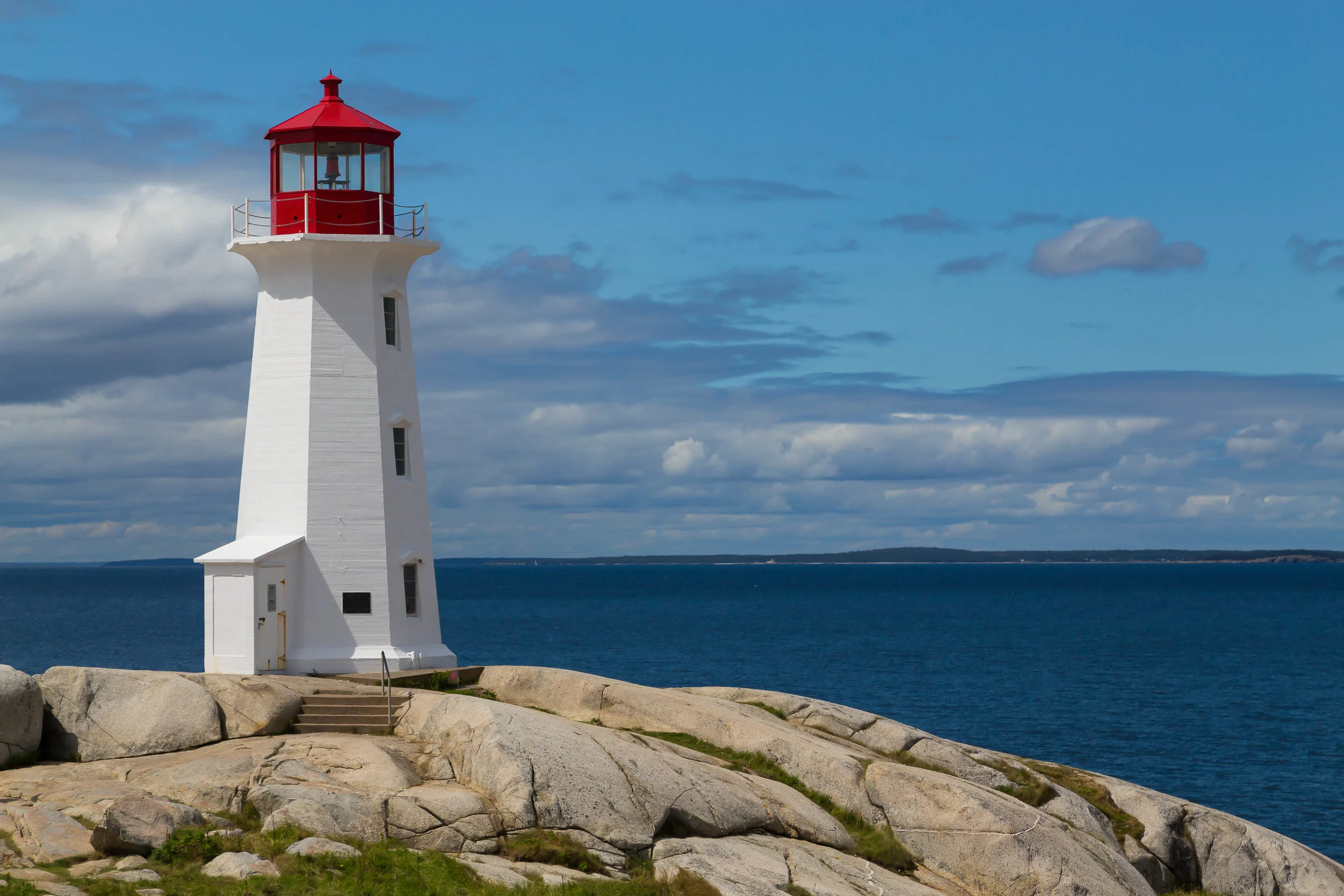Prior to European contact, Indigenous Peoples of what later became Canada lived in communities with a diversity of political systems, legal traditions, and laws. These Indigenous legal orders guided how First Nations conducted commerce, maintained peace, and negotiated treaties. Recognized by the Supreme Court of Canada, these traditions have become a part of the Canadian legal landscape.
Read MoreOn February 14th 2022, Newfoundland and Labrador Premier Andrew Furey announced the signing of term sheets for a $1-billion federal investment and a $1-billion federal loan guarantee for the Muskrat Falls Project. This is the third such guarantee the federal government has backed in respect of the project. It marks the completion of the negotiation process for the deal. Premier Furey labelled the deal “the next step for all of us to emerge from under the dark shadow of Muskrat Falls.”
Read MoreFebruary 28-March 4, 2020: Delegates met virtually and in-person at the World Intellectual Property Organization in Geneva to resume the first round of negotiations for the 2022-23 biennium of the WIPO Intergovernmental Committee on Intellectual Property and Genetic Resources, Traditional Knowledge and Folklore (IGC). The meeting was in continuation of more than two-decades of work, most of which has been dedicated to negotiations of legal instrument(s) for the protection of traditional knowledge (TK) traditional cultural expressions (TCEs) and genetic resources (GR).
Read MoreThe impacts of climate change are wide-ranging and global, with examples ranging from increased wildfires, food insecurity due to poor crop yield, and forced migration following rising sea levels, droughts, and other abnormal precipitation. In the face of these changes, Indigenous peoples and communities are heavily impacted through changes in lifestyle and knowledge. However, Indigenous peoples and Indigenous traditional knowledge (ITK) may hold part of the important keys to fighting climate change for the benefit of the planet.
Read MoreCanada lacks a comprehensive federal Access and Benefit-Sharing (ABS) system for governing genetic resources and the associated traditional knowledge of Indigenous peoples, despite years of advocacy. While there is currently an interdepartmental committee on ABS at the federal level that collaborates with provincial and territorial jurisdictions and a lot more diverse initiatives related to ABS, little progress has been made.
Read MoreOn Feb. 21, 2021, Israel introduced “green passes” – evidence of COVID-19 vaccination or presumed immunity after recovery from the disease. This form of certificate is called by several other names, most notably immunity passports. According to the global vaccine alliance GAVI, “an immunity passport is an official document that certifies an individual has been infected and is purportedly immune from SARS CoV-2.”
Read MoreMedical racism against Indigenous peoples is a fact in the Canadian healthcare system. As a direct result of this experience, many Indigenous peoples lack trust in the healthcare system, and they limit their engagement with the system as much as possible. This has caused many detrimental impacts on Indigenous peoples, and the ongoing COVID-19 pandemic has highlighted an area of key concern – vaccine hesitancy within Indigenous peoples.
Read MoreExcept perhaps South Africa, credible statistics on the extent of the COVID-19 infection in African countries are lacking. So far, African countries could not sustain two full months of lockdown. Unlike the rest of the developed world, there were no significant palliatives for ordinary citizens, let alone businesses or corporations. While industrialised countries compute their GDP contraction arising from COVID-19 in the range of 10%, virtually all of Africa is faced with the stark reality of an upward of 20% drop in their GDP and a total rollback of economic progress of the past two decades.
Read MoreWith the world on edge as the COVID-19 crisis progresses, the scientific community has sprung into gear in search of an effective treatment. R&D is progressing at unprecedented speeds, abridging the projected length for the completion of a vaccine from over a decade to just over a year. Amidst this rapid development, traditional knowledge plays a significant role in scientific endeavours. Through traditional knowledge, medical researchers can gain guidance and inspiration and bypass prolonged and expensive scatter-gun approaches to R&D.
Read MoreIn the midst of the COVID-19 pandemic, the world continues to overlook the epidemic raging on in some of the poorest regions of Africa since 2013: the Ebola outbreak. The Ebola virus is a severe disease with a death rate of up to 90% in humans. The virus was first identified in 1976 with two simultaneous outbreaks; one in the Yambuku village in the Democratic Republic of the Congo (DRC) and the other in a remote area of Sudan.
Read MoreAs an African and a Canadian, I inhabit an observatory. I am a resident in two worlds of blunt contrasts. On a good note, daily at every turn, those contrasts offer privileged lessons on the richness and complexity of the human experience, of our world. In this observatory, it is irresistible not to have a geopolitical perspective on the dynamic of Africa’s relationship with the global south. And since the formal declaration of COVID-19 as a global pandemic on March 11, 2020 by WHO’s Dr. Tedros Adhanom Ghebreyesus, the reality of that stark contrast has never been more evident.
Read MoreCIGI Papers
No. 234 (2019)
The WIPO IGC is tasked with the mandate to engage in text-based negotiations for the effective protection of genetic resources (GRs), traditional knowledge (TK), and traditional cultural expressions (TCEs). The need for a special international regime of protection for TK/TCEs is based on many gaps in the global intellectual property and knowledge governance order.
Read MoreIn Genetic Resources, Justice and Reconciliation: Canada and Global Access and Benefit Sharing
Chidi Oguamanam, ed.
(New York: Cambridge University Press, 2019)
In Genetic Resources, Justice and Reconciliation: Canada and Global Access and Benefit Sharing
Chidi Oguamanam, ed.
(New York: Cambridge University Press, 2019)
Co-authored w/ Chris Koziol
In Genetic Resources, Justice and Reconciliation: Canada and Global Access and Benefit Sharing
Chidi Oguamanam, ed.
(New York: Cambridge University Press, 2019)
Co-authored w/ Frédéric Perron-Welch
In Genetic Resources, Justice and Reconciliation: Canada and Global Access and Benefit Sharing
Chidi Oguamanam, ed.
(New York: Cambridge University Press, 2019)
Co-authored w/ Roger Hunka
In Genetic Resources, Justice and Reconciliation: Canada and Global Access and Benefit Sharing
Chidi Oguamanam, ed.
(New York: Cambridge University Press, 2019)








